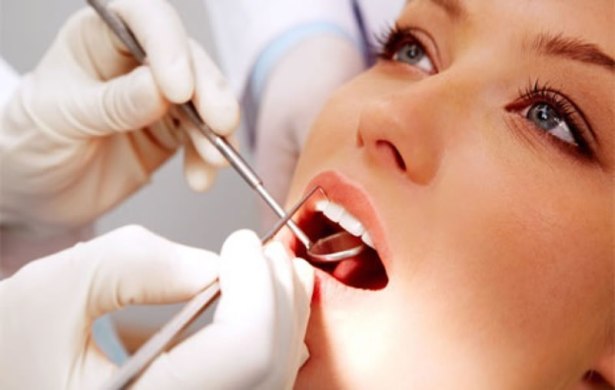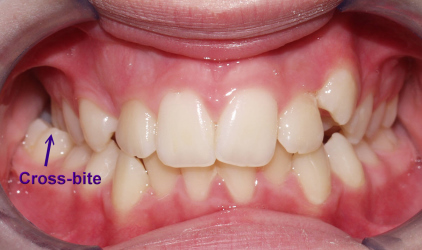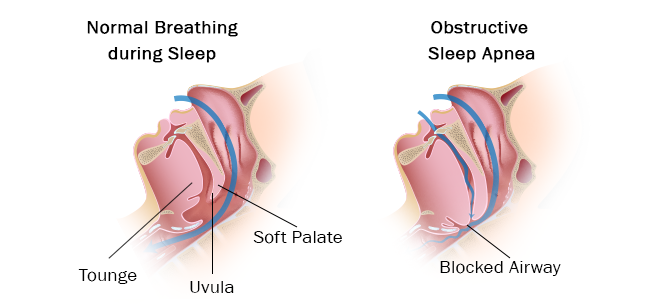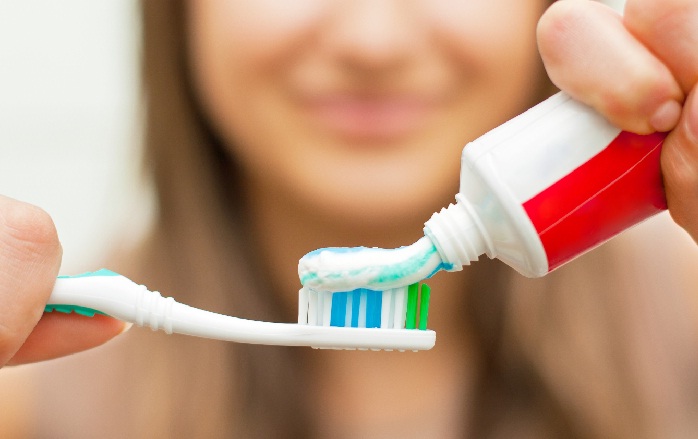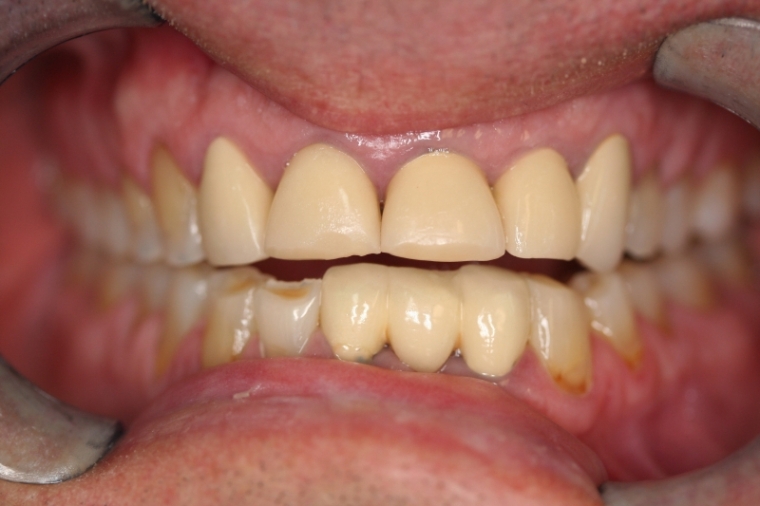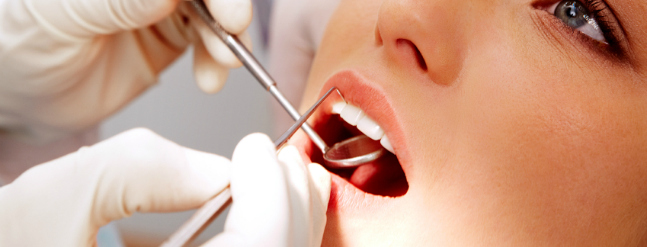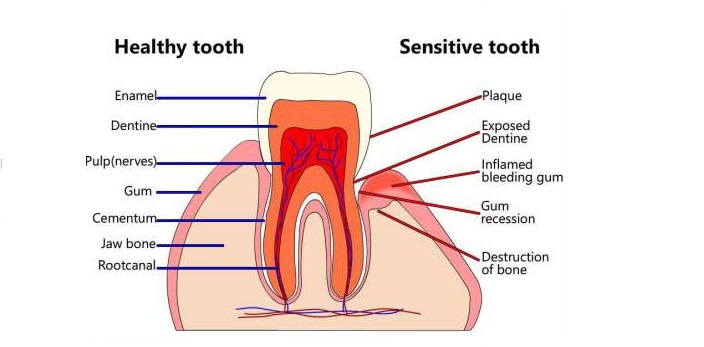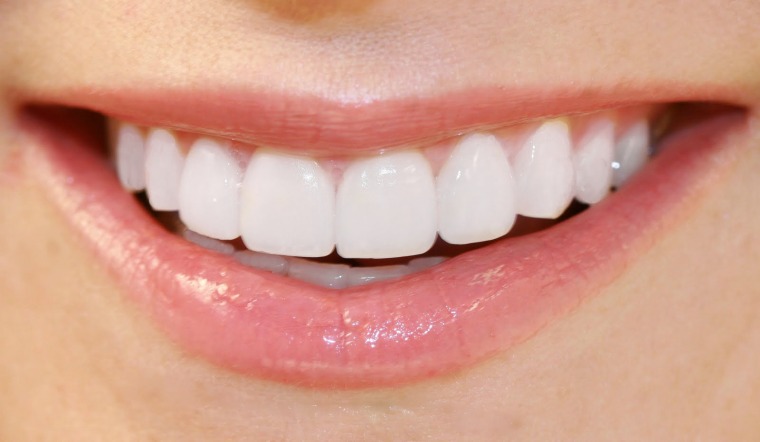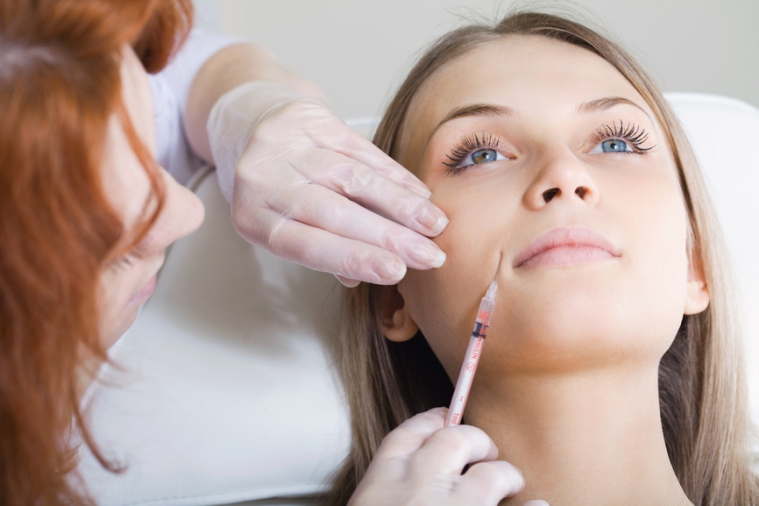Somewhere at the back of our mind, we are all aware of what might happen to our teeth when we get old. The biggest thing that haunts us is whether we will be able to retain our teeth throughout the stretch of our lifetime. Well we definitely can, provided we are willing to care for them from an early age. Proper dental care should be taken even at an older age from a dentist or a hygienist to ensure that we don’t end up losing our teeth. Here is a complete guide that will hold one in good stead in his old days.

Plaque Deposition – Resulting in Gum Disease and Tooth Decay
Yes, there are other things to take care of other than dental anxiety and tooth sensitivity when we get old. The deposition of bacteria known as ‘plaque’ is quite common in the teeth and the gums. This plaque needs to be cleared otherwise it can cause inflammation in the gums, which can eventually affect the bone under the teeth. This is the bone that supports the tooth roots. Hence, any damage caused to the bone may lead to loose teeth. However, it is important that one realises that he is suffering from gum disease. Common symptoms include receding gums, bad breath, bleeding gums while brushing, etc.
It also has to be kept in mind that plaque deposition that causes gum inflammation can also cause tooth decay, especially when exposed to sugary fluids and drinks. Due to receding gums, a decay at the gum edge is possible as a result of the ‘neck’ of the tooth not being well protected by the enamel.
Plaque Removal – Cleanliness Tips
Gum disease and Tooth decay can be cured by the thorough removal of plaque content from the teeth. It is advisable to make use of fluoride toothpastes for this purpose. Other than this, other special toothpastes are also available in the market like total care, tartar control, etc. One should ideally look for the BDHF accredited products. The ideal toothbrush to use would be a small-headed, medium textured one. Woodsticks and floss can be used to clean between the teeth. However, when we get hold, our physical strength and power to move gets restricted. So, one might not feel at ease while gripping the toothbrush, especially the ones suffering from Arthritis. Electronic toothbrushes and thick handled ones are the best for such people.
Often, older people suffer from a dry mouth as a result of the side effect of the medicines that are prescribed to them. The chances of tooth decay increase in the prevalence of dry mouth. Many might feel that sipping through drinks throughout the day might help. This is not the right thing to do as the regular intake of sugary fluids will only make matter worse. A visit to the dentist at such a stage will provide clarity on what has to be done in order to maintain cleanliness.
Dentures – The Perfect Replacement for Lost Teeth
It might so happen that despite all the care, one ends up loosing teeth. Dentures can be the perfect replacement at such a situation. But, it is important that one knows a thing or two about dentures before actually putting them to use. One should be in sync with the following points.
-
Dentures should be replaced every five years as the shape of the mouth keeps changing throughout the period of ones’ life.
-
One might experience pain and discomfort initially, but regular check ups by the dentist can help in eliminating the pain.
-
One should always keep their old dentures. This makes it easier for the dentist to prepare a set of new ones.
-
After wearing dentures for a few days, if there is a persistent discomfort with soreness in the mouth, speech and eating, then one must go back to the dentist without wasting anymore time.
-
It is important to provide rest to the mouth from wearing dentures at least for a few hours in the day. Often dentists might ask you to leave them aside at night while sleeping. If this is not possible, consider keeping them aside for a few hours anytime during the day according to your convenience.
-
Poorly fitted dentures can lead to mouth ulcers.
-
It is important to clean the dentures at least once every day. Cleaning it over a basin of cold water is advisable. This will ensure that it does not break if dropped. The surfaces can be cleaned by using a toothbrush along with a toothpaste or a denture cleaner.


